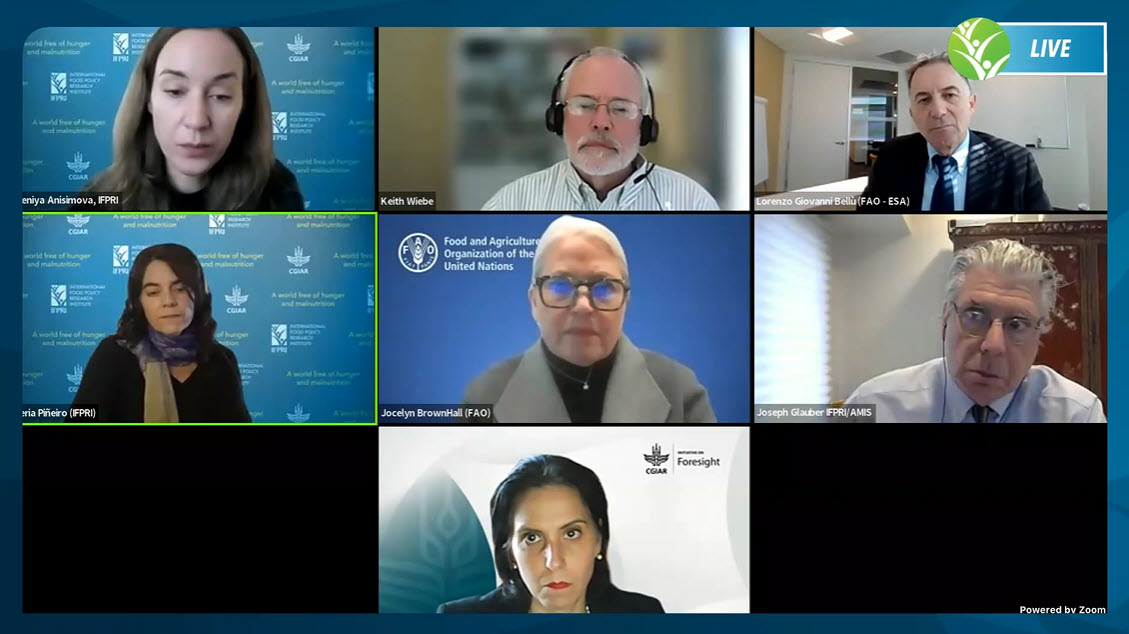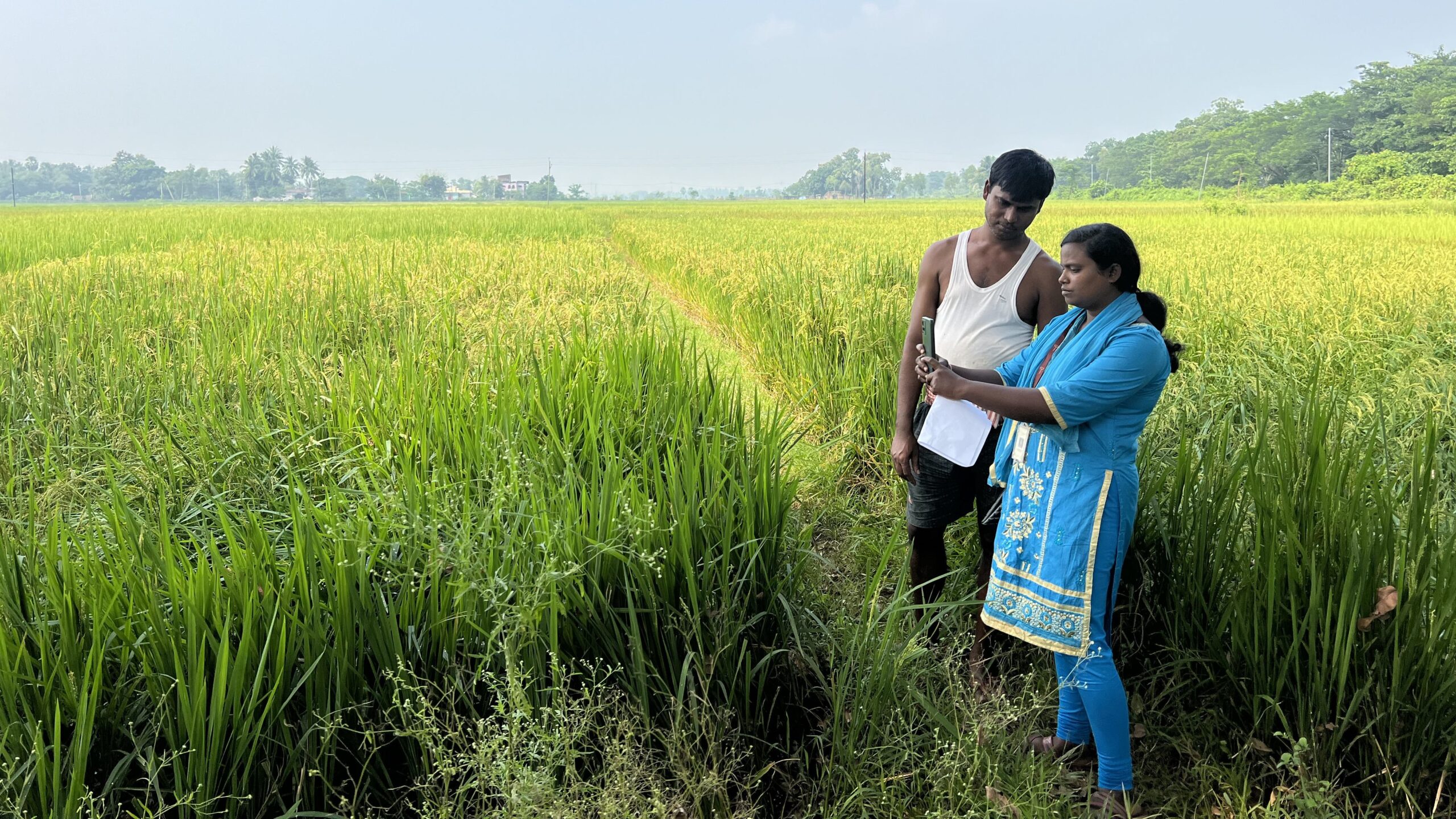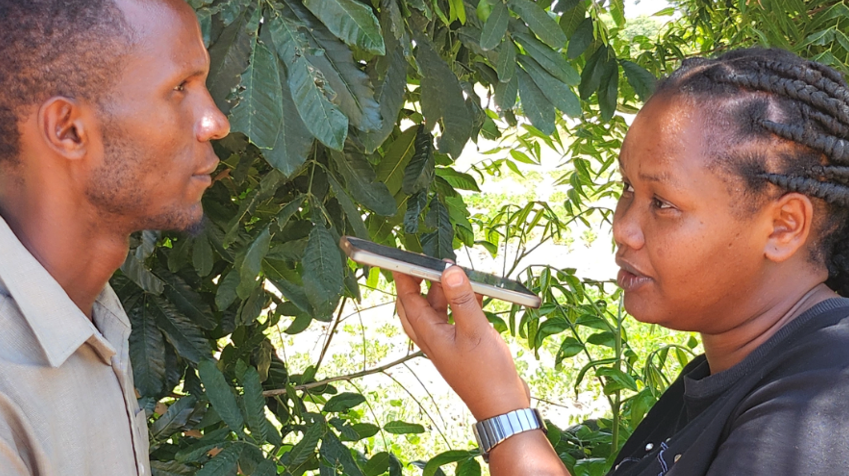With global population expected to reach 10 billion by 2050, the world’s ability to nourish its inhabitants is under threat if current trends continue. Increasing conflicts, climate change impacts, and resource degradation are further undermining food production efforts, while social and economic challenges are making healthy diets inaccessible for nearly half of the world’s population.
Given these mounting challenges, how exactly can we transform our agrifood systems to be sustainable, inclusive, and resilient for a more food-secure future?
A February 1 policy seminar—co-organized by the Food and Agriculture Organization of the United Nations (FAO), IFPRI, and the CGIAR Research Initiative on Foresight—took a deep dive into this issue, focusing on FAO’s latest report, The Future of Food and Agriculture: Drivers and Triggers for Transformation. The report identifies 18 major socioeconomic and environmental drivers in agrifood systems and analyzes how trends can shape alternative futures for agrifood production and food consumption.
The world is “tremendously off track” to meet the Sustainable Development Goals, the report says, unless governments, consumers, businesses, academia, and the international community act now to bring about long-term sustainable change. It identifies key triggers for agrifood transformation, including improved governance, informed consumption, better income and wealth distribution, and innovative technologies and approaches.
The report also suggests using behavioral change and policy approaches to alter demand and promote healthy diets and consumption of sustainably produced food; creating incentives and disincentives on the supply side to support climate change mitigation and adaptation; and repurposing of agricultural subsidies to achieve sustainable and resilient agrifood systems.
Maximo Torero, FAO Chief Economist, underlined the three main challenges at hand: The unequal distribution of food across countries and households; impacts of climate change and land degradation on agrifood systems; and how to produce more with less. To overcome these challenges, he emphasized the need to avoid a business-as-usual approach, instead directly addressing tradeoffs between agrifood systems and other sectors.
Lorenzo Giovanni Bellù, FAO Senior Economist and Lead of the Policy Intelligence Branch, Global Perspectives, showcased four alternative pathways the report presents on the future of agrifood systems: Continuing on the current path with ‘more of the same’; making small adjustments to reach short term objectives; a worst case scenario of possible collapse; and trading short-term Gross Domestic Product (GDP) growth for sustainable agrifood, socioeconomic and environmental systems over the longer term. While win-win options may be possible, we will not be able to transform agrifood systems without addressing conflicting objectives, he added. For instance, increasing agrifood output may conflict with reducing agrifood greenhouse gas (GHG) emissions; thus a sustainable and resilient future will require enduring some costs to be mainly borne by wealthier societies and social groups.
Valeria Piñeiro, Acting Head of IFPRI’s Latin American Region & Senior Research Coordinator, emphasized the need to be better prepared for future shocks “based on what we know works and doesn’t work” through innovative policies and institutions. Together with Inter-American Institute for Cooperation on Agriculture (IICA) and University of Notre Dame, IFPRI is coordinating Avanzar2030 calling for action to transform the Ministerial consensus, leading to the 2021 UN Food Systems Summit, into operational objectives and related policy interventions, supporting policymakers in the process.
Focusing on public goods that can support transformative change is key, noted IFPRI Senior Research Fellow Joseph Glauber, sharing experiences from the United States. Since the 1930s, the U.S. has worked to increase farmers’ household income through R&D and market access. Now the focus is on addressing the environmental challenges and climate change. He noted that there would be tradeoffs, and that progress depends on aligning policy goals with outcomes.
Elisabetta Gotor, Principal Scientist and Program Leader at the Alliance of Bioversity and CIAT, explained that producing nutritious food sustainably requires looking at food systems as part of broader land and water systems, and the challenges they face across spatial and temporal scales. She also stressed the importance of agrobiodiversity, including agroforestry, in any agrifood considerations and in reducing negative environmental impacts in particular.
Keith Wiebe, IFPRI Senior Research Fellow and Lead of the CGIAR Research Initiative on Foresight, outlined several fundamental components of foresight approaches, noting that tradeoffs are inevitable when confronting food system issues; diverse stakeholders have different and sometimes conflicting interests; and that foresight must be an iterative process of working with policymakers and other stakeholders over time. The new CGIAR Research Initiative on Foresight is working on global, national, and subnational levels to offer better insights into alternative pathways for food system transformation.
The seminar highlighted the importance of careful foresight processes and approaches that create space and policy tools to better understand and manage tradeoffs that occur between competing interests and goals. These approaches should take a long view, participants said—as putting short-term needs before long-term goals will undermine the sustainability and resilience of agrifood systems while increasing the likelihood of food crises. “By thinking about desired outcomes and futures we can envision how to get there,” said Jocelyn Brown Hall, Director of the FAO Liaison Office for North America. “Hopefully this report will serve as a wake-up call on how we can build a better future.”
Ahdi Mohammed is Communications and Partnerships Officer with the FAO Liaison Office for North America.







